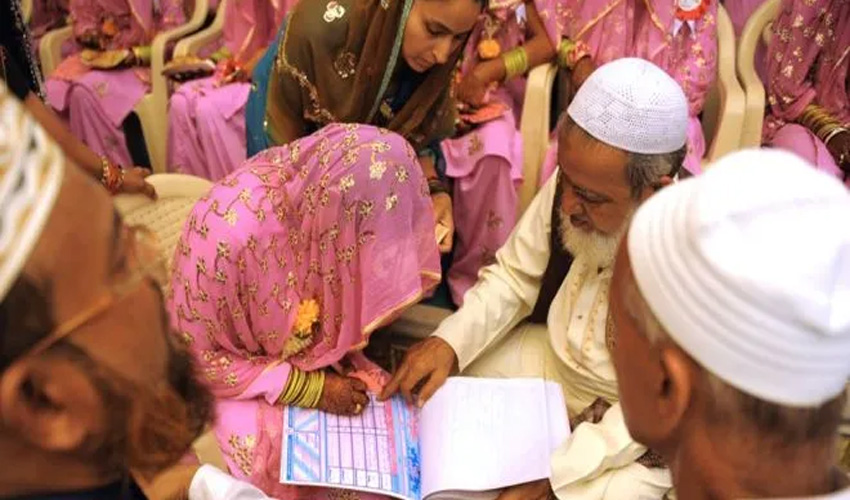The state of Assam in India has annulled an 89-year-old law permitting underage Muslim marriages, triggering a storm of debate and accusations of religious polarization from minority community leaders in the lead-up to elections.
Assam, recognised for harboring the highest Muslim population among Indian states at 34%, has abolished the antiquated Assam Muslim Marriages and Divorces Registration Act of 1935.
Chief Minister Himanta Biswa Sarma announced the repeal, underlining the removal of clauses enabling marriage registration below the legally mandated ages of 18 and 21.
This decision falls in line with Assam's broader objective of implementing uniform civil laws pertaining to marriage, divorce, adoption, and inheritance, echoing recent moves in Uttarakhand to enforce such regulations.
Despite India's patchwork of laws and customs rooted in religious or secular codes, Prime Minister Narendra Modi's Bharatiya Janata Party (BJP) has pledged to establish a Uniform Civil Code—a stance met with resistance from Muslims and other minorities across the nation.
When questioned about the potential implementation of a Uniform Civil Code ahead of the impending general elections, Assam's chief minister responded with caution, stating, "Not immediately."
A significant portion of Assam's Muslim population traces its roots to Bangladesh, occasionally sparking tensions with the predominantly Hindu ethnic Assamese community. The BJP, which governs both Assam and Uttarakhand, presents itself as a champion of ethnic communities.
However, Muslim leaders opposing the repeal of the law view it as discriminatory, accusing the BJP of attempting to divide voters and warning that this move could spell the beginning of the end for the BJP government in Assam.
Prominent lawmaker Badruddin Ajmal, representing Assam, expressed his concerns, stating, "It's a first step toward bringing a Uniform Civil Code, but this is how the BJP government will come to an end in Assam."



























